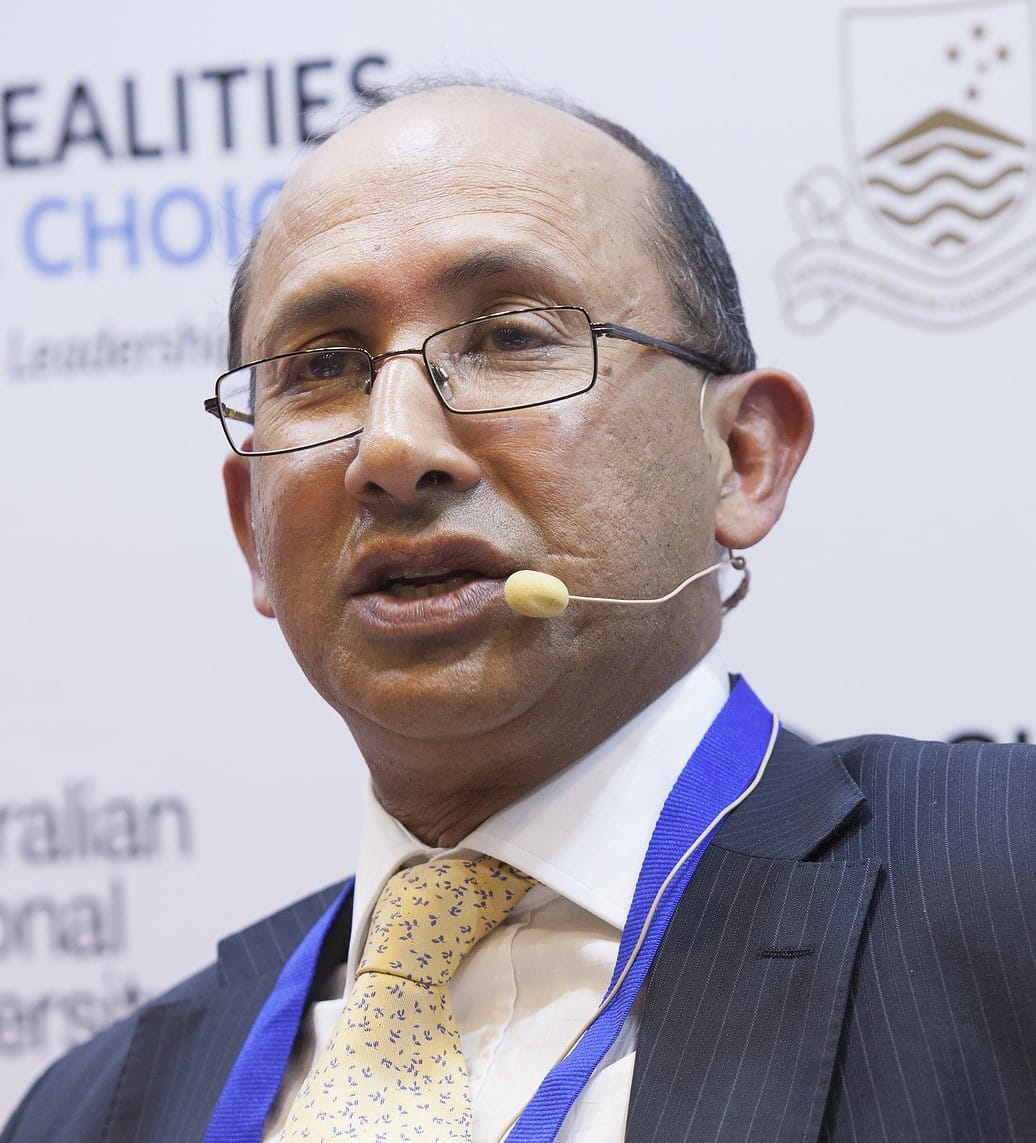“The unresolved tension at the core of Australia’s strategic policy” makes for an intriguing headline in today’s Australian Financial Review, and the op-ed by former foreign affairs department boss Peter Varghese doesn’t disappoint.
Last night, I heard Varghese deliver the speech that the op-ed is based upon, and as always when listening to someone deliver remarks, the points of emphasis are as fascinating.
“Finding the best means of constraining China’s ambition,” Varghese notes at one point, “constructing a stable China-constraining balance” he describes at another.
That word – “constraining” – stood out to me, because of the subtle but crucial distinction with another word so often deployed in debates about China, to “contain”.
I asked Varghese this morning to expand on the difference, and he explained the idea to me this way.
‘Contain’ is to thwart China. ‘Constrain’ is to manage China.

This is not the first time Varghese has drawn the distinction. Quoted in Paul Kelly’s 2022 Lowy Institute Paper, Varghese set out a vision to guide Australia’s approach.
Our strategy with China should be to ‘engage and constrain’. Australia has no option in a strategic sense but to work with our partners – the US, Japan, India and others – to push back when China behaves in unacceptable ways.
What he outlines in the op-ed today is a tension in Australia not so much with China but with the United States, between support for US leadership in Asia as opposed to US primacy.
“US primacy,” he says, “goes beyond leadership and balance. Its starting point is that the US cannot tolerate a peer competitor and its ensuing logic is that the US will therefore do whatever it takes to prevent such a competitor emerging. US global primacy is now deeply embedded in the strategic culture and national identity of the US.”
This, to me, encapsulates the tensions that emerge in many debates around Australia’s foreign policy, whether the independence question within AUKUS or “take the lane” approach to the Pacific. Is it in support of US leadership, or US primacy? Varghese’s piece, based on remarks he delivered to an Asialink dinner in Melbourne, captures this tension better than any I’ve read.

